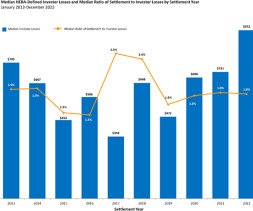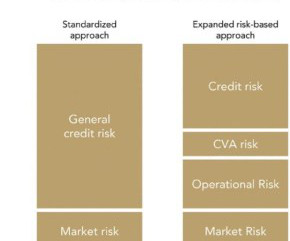Who Owns ESG Today? Second Line Evolution and the Integrated Reporting Imperative
Audit Board
SEPTEMBER 7, 2023
What does “good” ESG governance and strategy look like, and how are companies integrating it with existing risk and compliance governance structures? They feel an increasing urgency to get in place the people, processes, controls, and technologies needed to support reliable, up-to-date, accessible, and auditable ESG reporting.















Let's personalize your content